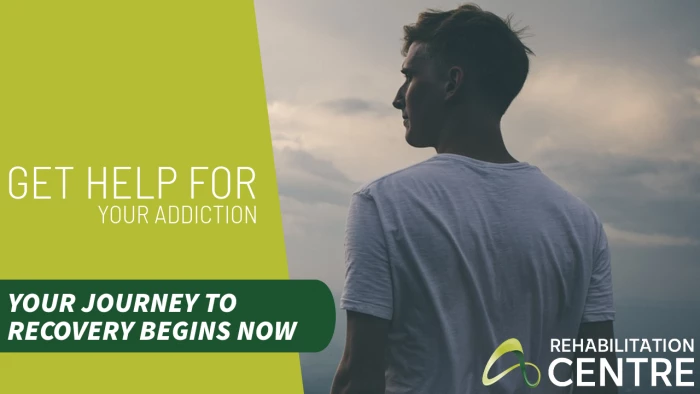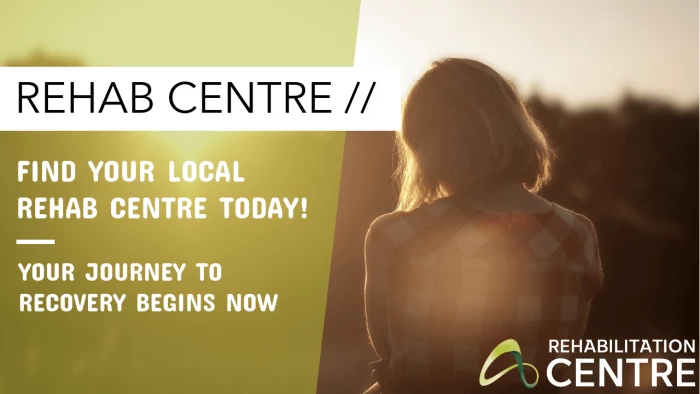
How to Help Someone with an Addiction
Get in touchRegardless of your intention, helping someone with an addiction can be more difficult than you expect. Bringing their problem to the forefront can impact your relationship and lead to denial.
It’s difficult to address a problem if they are not willing not own up to the issue. Addiction is present in one third of the population, that scary figure is one that has particularly haunted those in the UK and US.
There are various types of addictions, with the most recognised being drug and alcohol dependencies, all types of addictions negatively affect relationships, health and lifestyle.
If you are hoping to support a loved one during a hard time, it is important for you to understand what they’re going through. You will first of all want to identify their problem and then help them gain the correct support, sure to help them kick their habit.
It isn’t easy as it sounds, and that is why taking the correct measures is vital. It is a chronic disease that works by a reward circuitry system in the brain.
Our team can help you learn how to help someone with an addiction. Before being able to help your friend or family member, you’ll first need to look out for signs of addiction.

Signs of an Addict
Before touching on some of the more apparent signs in behaviour and physical appearance, we want to allude to subtle signs that may become apparent.
During the early stages you may notice that they begin to incorporate drink or drugs during various social situations. It slowly becomes the norm and you may even notice some lies.
Behaviour and their overall personality may become more erratic and they could even change friend groups. Below we list some of the behavioural and physical changes that you may witness.
Behaviour
Incorporate drink or drugs into as many situations as possible
Mood swings, including real lows and huge highs
Irritable during withdrawal phases
Lying about usage or denying
Quitting social activities that they generally involve themselves in
Changing social group of friends
Becoming angry when asked about their use
Criminal behaviour
Problems in relationships, work, school and money
Physical
Seeming intoxicated
Distracted
Problems with memory
Money issues
Poor hygiene and grooming
Unusual tiredness
It can initially be hard to piece together the various signs but eventually it becomes clearer. It is also difficult to call out friends or family and this should be done in a diplomatic manner, we discuss this in more detail.
Keep an eye on the signs and if you think that your loved one is ill and needs help, then first of all gain support for yourself by following our tips and advice.
How to Help an Addict
It’s one thing identifying the addiction- but it’s another attempting to offer a helping hand. Knowing how to help someone with an addiction can be hard. Regardless of your good intentions, by trying to provide support or suggestion, it could backfire.
You can’t expect them to simply own up to the amount of alcohol they have been drinking or drugs they have been taking. They may not even be aware of how bad it has gotten, here are some of the characteristics you can expect when talking to them about their problem.
Denial
Something that you probably expect. Your claims will be met with denial, not only are they denying it to you but also hiding the addiction from themselves.
Watching destructive behaviour can be upsetting and confusing as they deny that there is any issue. That is why you should take as much advice and professional help as possible.
Lying
Similarly, lying is another way that the addicted individual will try to swerve any accusations. They may lie about how much of an effect the illness is having on their life.
They may make up excuses and even tell blatant lies about their whereabouts, amount of substance that they’re using plus other deceits.
Anger
It doesn’t make too much difference about how nice you are, even when delicately discussing the issue. Generally, those addicted can act defensively and this sometimes leads to angry and erratic behaviour.
If you do decide to confront them, then you should prepare for a potential angry response.
So, what should you do next to help?
Take Care of Yourself
You’re probably wondering what steps you should be taking to help the person with an addiction. But in-fact, you should be firstly taking care of yourself.
This is often the advice given to those who are directly affected by somebody else’s addiction. That is because if you do not, then it will help neither party.
Being around an addict is no easy feat, it can take a toll on your relationship with them and others. It damages your perception and can even introduce trust issues, that is why it is key for you to seek professional help for yourself.
In doing so, you will also receive education on addiction and how to support those with the illness.
Build Trust
Trust is a word that’s often a hard one to comprehend during these times- because at some point, they may have betrayed your trust. Part of the disease is being unable to abstain or use the ability of self-control.
You can try to build up trust, let them know they can talk to you and that they also have your trust. Building trust both ways is integral to the next steps.
Communicate
One way to help build trust is to communicate honestly. That doesn’t mean ‘outing’ them or making them feel criticised and defensive.
Instead, you can diplomatically broach the subject and let them know how you feel. You should try to avoid threats or nagging.
How to Help an Addict Recover
There are lots of steps you can take towards helping an addict recover.
We talk you through them, to help you understand what action you can take, what they’re going through and where to turn to.
Do Not Enable Them
If they have a drinking or drug problem, you can’t make your stand then go against it. You can’t encourage change but then drink with them another time, they will believe that you’re a hypocrite.
Enabling isn’t just about offering drugs or alcohol, it is also trying to save them from the consequences.
For instance, if you are giving them money, tidying their homes and apologising to people for their actions, then ultimately you are enabling them.
It is difficult to find that balance, but this is something you need to be aware of.
Offer Support & Understanding
Think of how you express yourself- you will want to communicate in the best way possible.
Rather than point the finger, try to use compassion- understand them and offer support. If you do this, there is more chance that they will seek treatment.
Do Not Shame Them
You may want to point out their flaws and shame them, but criticising won’t help. They’ll already be feeling deep guilt and as though they are judged by friends.
It can be hard not to point towards their shortcomings as they may have hurt you but doing so could isolate them.
Look After Yourself
Again, it is imperative that you take care of yourself. The healthier you are mentally and physically, the better chance you have of helping them overcome their disease.
You’ll also want support with this situation, understand what you are going through is tough and guidance, support and education on addiction could go a long way.
Stay Positive
It can really get you down and it’s no wonder. There is a cure and there’s always the possibility of a brighter future.
Positivity can be infectious and trying to see the best of situations, when possible could help speed up the treatment process for all involved.
Routine & Health
Hygiene, physical health and mental health can be neglected during drug or addictive behaviour, that’s why you should encourage a good routine.
If you ensure a routine is in place, it can hopefully help them eat, wash and sleep. It isn’t easy but you will notice that those three things can deteriorate during dependencies.

How to Stage an Intervention
Addiction can have a traumatic effect on all involved- and the longer it goes on, the worse it gets.
Finding the best step to treatment or starting recovery can be difficult for those around, but that is why it is key to educate yourself on the matter before diving in with suggestions or what you perceive as support.
If you are wondering whether to stage an intervention and when the best time to intervene is, then you’ll want to get in touch with a therapist or professional interventionist.
It will be between friends and family, where you can have an open forum. You will then be able to express why you have decided to arrange an intervention and how their behaviour has affected you.
What to Do
Build up trust
Be open about your feelings
Respect their privacy
Let them know you are there for support
What not to Do
Don’t criticise
Don’t make threats
Ensure realistic expectations about recovery
How to Get Treatment
We can point you in the direction of the appropriate professionals, if you need help to take care of yourself during this tumultuous time then fill in our form. It can also help you with gaining treatment for the person with the addiction.
If you need expert advice and you’re actively thinking of ways to deal with the situation then it is best to claim help right away!
For more information on how to help someone with an addiction, please get in touch with our team.
Our Other Pages
You may also be interested in our other posts:
Get a quick quote
Skip to
Gallery






